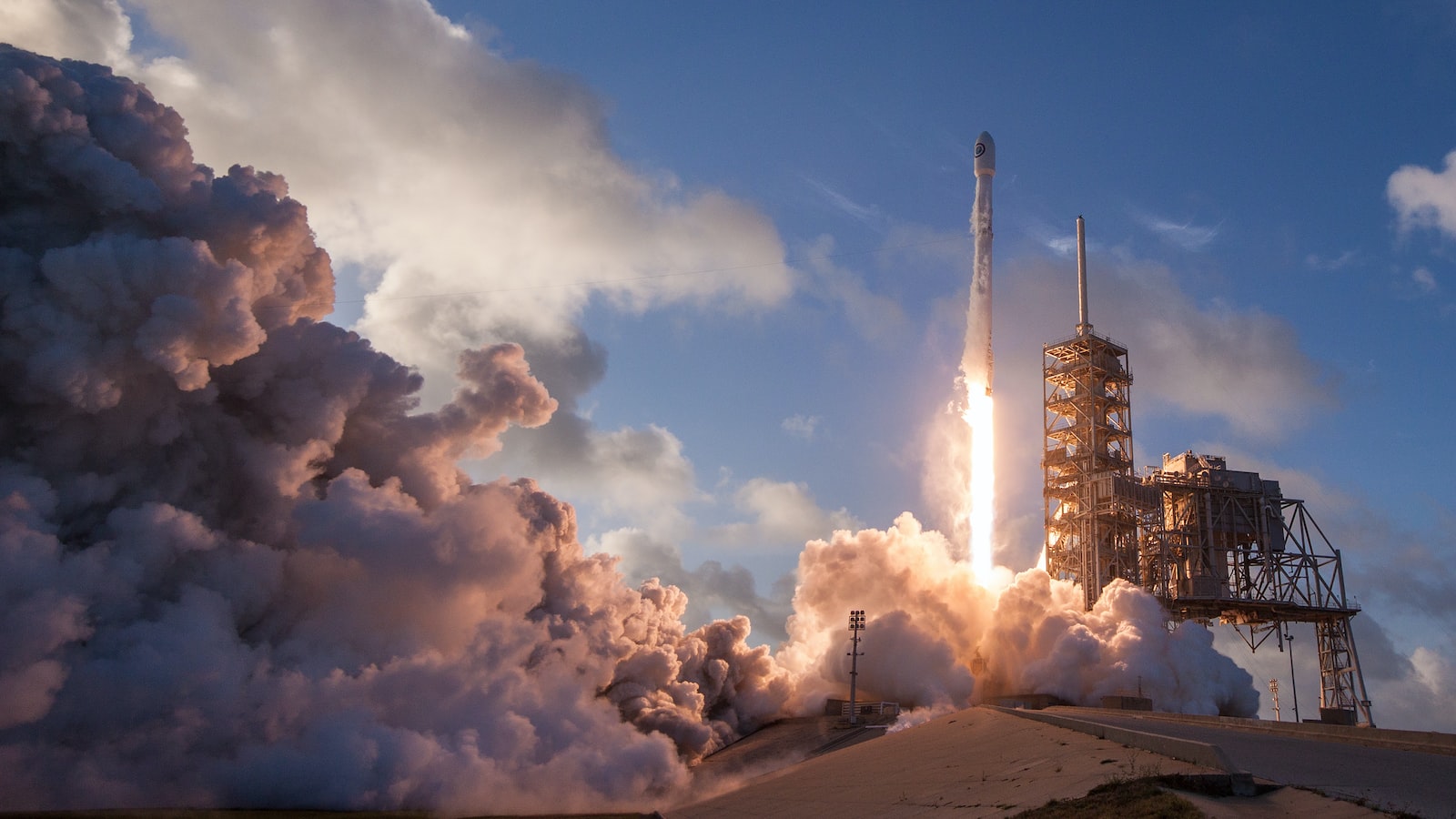Fuel leaks and a bad engine sensor foiled Monday’s attempt, managers say they have now addressed the problems.
Published On 2 Sep 2022
NASA ground teams at a space centre in Florida have begun final preparations to launch the next-generation Moon rocket on its debut test flight, five days after technical problems foiled an initial try.
The new Moon rocket is set to launch on Saturday, officials said, after fixing fuel leaks and working around a bad engine sensor.
Tests showed technicians appeared to have fixed a leaky fuel line that contributed to NASA’s decision to halt Monday’s initial launch operation, Jeremy Parsons, a deputy programme manager at the Kennedy Space Center, told reporters on Friday.
Two other key issues on the rocket itself – a faulty engine temperature sensor and some cracks in insulation foam – have largely been resolved, Artemis mission manager Mike Sarafin told reporters on Thursday night.
Atop the rocket is a crew capsule with three test dummies that will fly around the Moon and back over the course of six weeks — NASA’s first such attempt since the Apollo programme 50 years ago. NASA wants to try out the spacecraft before strapping in astronauts on the next planned flight in two years.
If the first two Artemis missions succeed, NASA is aiming to land astronauts back on the Moon, including the first woman to set foot on the lunar surface, as early as 2025, though many experts believe that the time frame is likely to slip by a few years.
Twelve astronauts walked on the Moon during six Apollo missions from 1969 to 1972, the only spaceflights yet to place humans on the lunar surface.
Apollo grew out of the US-Soviet space race of the Cold War era, while NASA’s renewed lunar focus is driven more by science and encompasses international partnerships with the space agencies of Europe, Japan and Canada, and with commercial rocket ventures such as SpaceX.
NASA administrator Bill Nelson said he is more confident going into Saturday’s launch attempt, given everything engineers learned from the first try.
So is astronaut Jessica Meir, who is on NASA’s shortlist for one of the initial Moon crews.
“We’re all excited for this to go, but the most important thing is that we go when we’re ready and we get it right, because the next missions will have humans on board. Maybe me, maybe my friends,” Meir told The Associated Press news agency on Friday.
The engineers in charge of the Space Launch System (SLS) rocket insisted on Thursday evening that all four of the rocket’s main engines were good and that a faulty temperature sensor caused one of them to appear as though it were too warm on Monday. The engines need to match the minus-250 degrees Celsius (-420 degrees Fahrenheit) of the liquid hydrogen fuel at liftoff, otherwise they could be damaged and shut down in flight.
“We have convinced ourselves without a shadow of a doubt that we have good-quality liquid hydrogen going through the engines,” said John Honeycutt, the rocket’s programme manager.
Preparation continues for tomorrow’s @NASAArtemis launch attempt. Excited to share this moment in history with some of the newest members of the @NASA_Astronauts office, @Astro_Menon and @astro_deniz, and of course @DukeSurvives. Launch window opens at 2: 17 ET tomorrow! pic.twitter.com/n3cy0227AJ
— Jessica Meir (@Astro_Jessica) September 2, 2022
Once fuelling begins on Saturday morning, the launch team will perform another engine test — this time earlier in the countdown. Even if that suspect sensor indicates the one engine is too warm, other sensors can be relied on to ensure everything is working correctly and to halt the countdown if there is a problem, Honeycutt told reporters.
Melody Lovin, a launch weather officer for the US Space Force in Cape Canaveral, Florida said forecasts called for a 70 percent chance of favourable conditions during the two-hour Saturday launch window, which opens at 18: 17 GMT, as well as for a backup launch time on Monday.
“The weather continues to still look pretty good for the launch attempt on Saturday,” Lovin told Reuters. “I do not expect weather to be a show-stopper by any means for either launch window.”
Still, she added, the odds of scrubbing a launch on any given day for weather or any reason were about one-in-three.

